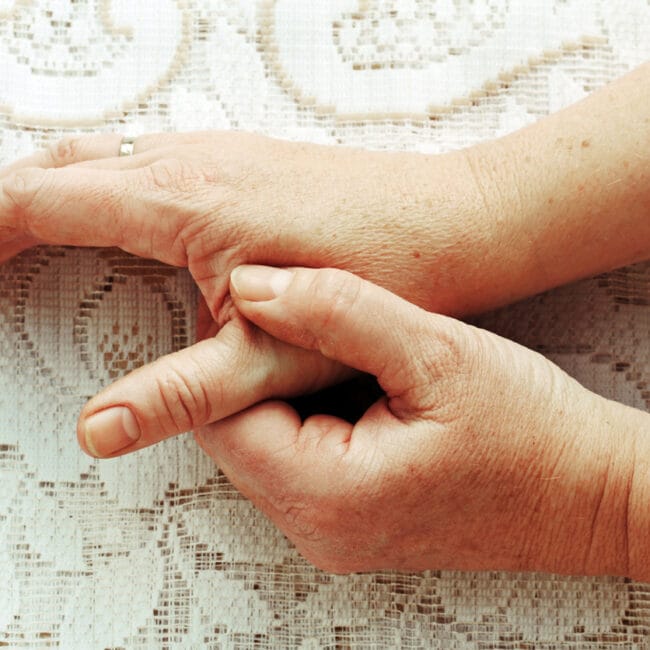This blog was written by Eadaoin Flynn, Speech and Language Therapist explaining how parents can ensure their children are watching the appropriate amount of television for their age as well as the right type of television shows.
Recent years have seen an increase in the variety and availability of television for children. It appears that children today have more access to a wide range of television programmes than ever before. As parents we want to ensure that our children are watching an appropriate amount and type of television. We want to ensure that television is a positive influence in the home. It has been recognized that exposure to television presents risks for children, but can also provide benefits.
Many of the television programmes and DVDs targeted at young children make educational claims, often relating to speech and language development. However, investigations into the relationship between television viewing and vocabulary development in children have yielded conflicting evidence to date.
Advice for Parents on Children’s Television
The Irish Association of Speech and Language Therapists (2011) have recently published a factsheet which gives advice to parents on television and speech and language development. The following is a summary of their recommendations:
Children under the age of 2 years should watch no more than half an hour of television per day. This can increase to an hour per day for 3-5 year olds.
It is important that the type of television watched is age appropriate and as interactive as possible. Television programmes such as Dora the Explorer promote interaction.
Where possible we should talk with our children during or after a particular programme. Discuss what is happening/has happened in the programme with your child. Try to avoid your child watching television alone as they cannot ask questions or discuss
Encourage your child to ask questions about what is happening in the programme and re tell the story to others.
Try to limit background television. If your child is not watching the television any more, turn it off as it can effect your child’s ability to talk and listen.
Try to avoid your child having a television in their room, as you cannot monitor the amount of television viewed.
The most important thing to remember is television cannot act as a substitute for human interaction. Talking to your child can promote language development and where possible should not be replaced by television or DVDs.
We can help you
Speech and Language Therapists can advise you and help you to implement healthy television habits from an early age to make sure your child’s language development or speech is not affected. Please contact us for help.
This blog was written by Eadaoin Flynn, Speech and Language Therapist. Eadaoin completed a research project on the relationship between television watching and language development in young children as part of her final year dissertation. Her research reinforces previous literature emphasizing the need to limit television time and ensure content is high quality educational television. Furthermore the findings underline the link between television and language and the need for Speech and Language Therapists to consider children’s television habits in clinical practice. To read more about Eadaoin, please click here.
If you have any concerns regarding your child’s speech and language development, contact our Speech and Language Therapist for an initial consult











